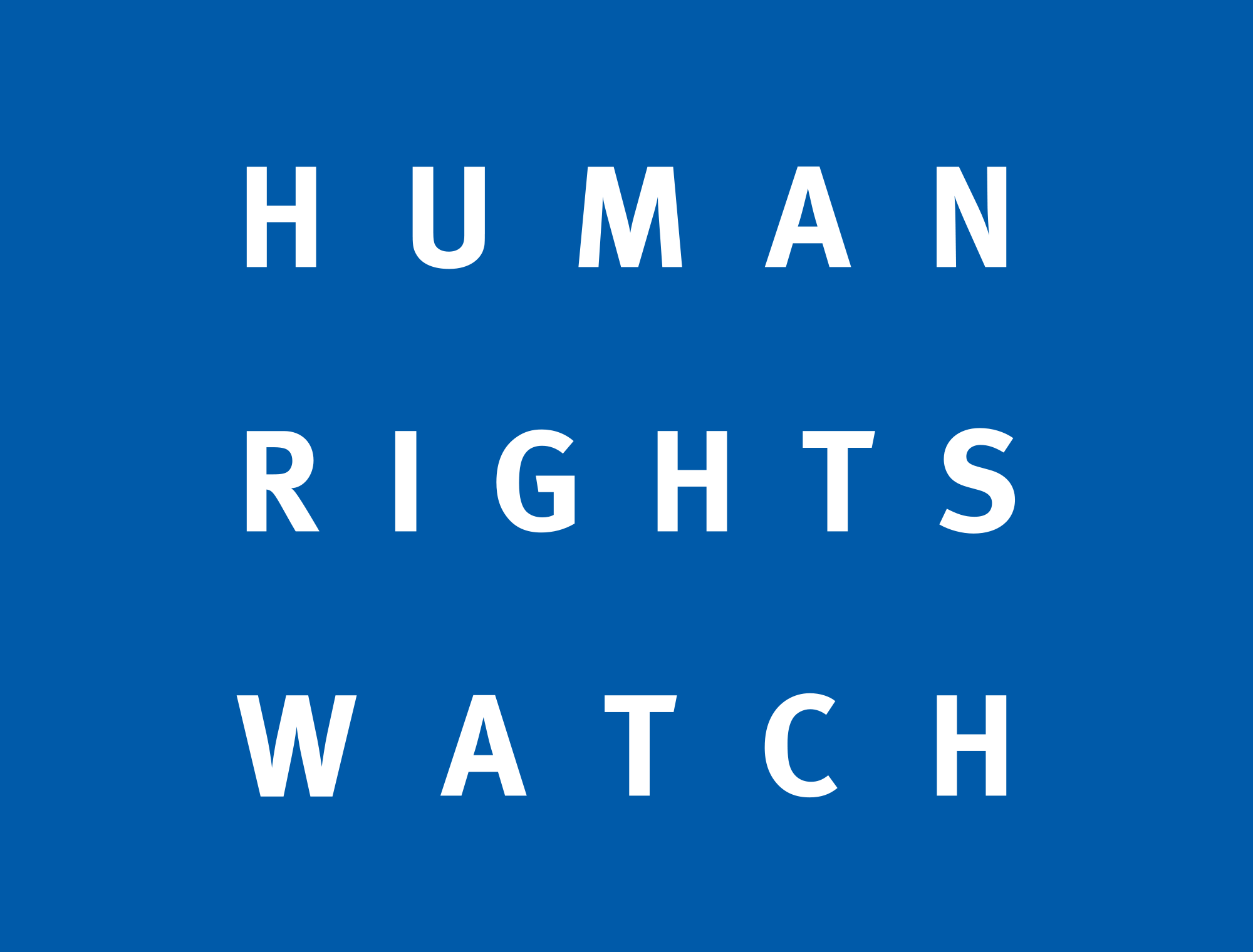 Human Rights Watch (HRW) has released a report entitled Detention and Prosecution of Tibetans under China’s Stability Maintenance Campaign,detailing the increase of “state control over daily life” for Tibetans. The report also shows that the Chinese authorities’ tolerance towards expression and assembly has decreased.
Human Rights Watch (HRW) has released a report entitled Detention and Prosecution of Tibetans under China’s Stability Maintenance Campaign,detailing the increase of “state control over daily life” for Tibetans. The report also shows that the Chinese authorities’ tolerance towards expression and assembly has decreased.
Analysing 479 cases of Tibetans detained or tried from 2013-15 for political offences, HRW writes “153 were reported to have been sent for trial, convicted and sentenced to imprisonment”. The average prison sentence issued was 5.7 years and the youngest detainee imprisoned is just eleven years old.
It states “our research found that many of those detained and prosecuted were local community leaders, environmental activists, and villagers involved in social and cultural activities, as well as local writers and singers”, noting a shift in the behaviour of the authorities, who, in the past, have overwhelmingly focused on the detention of Buddhist monks and nuns. Additionally, “almost all the protests and detentions identified in this report occurred in small towns or rural townships and villages rather than in cities”, suggesting the increase of dissent in rural areas.
The report links “the changing nature of unrest and politicised detention in Tibet” with new phases in the stability maintenance campaign in Tibetan Autonomous Region (TAR), known as weiwen, pointing to the “transfer of some 21,000 officials to villages and monasteries in the TAR” and “the deployment of nearly 10,000 police in Tibetan villages in Qinghai”.
HRW also notes that since December 2012 there has been an intensified drive by the authorities to “end self-immolations among Tibetans”, leading to a surge in related detentions and prosecutions. According to its research, 2.9 percent of detainees “were reported to have died in custody or shortly after release, allegedly as a result of mistreatment”.
“The failure of the central government and local authorities to end these abusive policies and roll back intrusive security and surveillance measures raises the prospect of an intensified cycle of repression and resistance in a region already enduring extraordinary restrictions on basic human rights”, the report concluded.




 Print
Print Email
Email